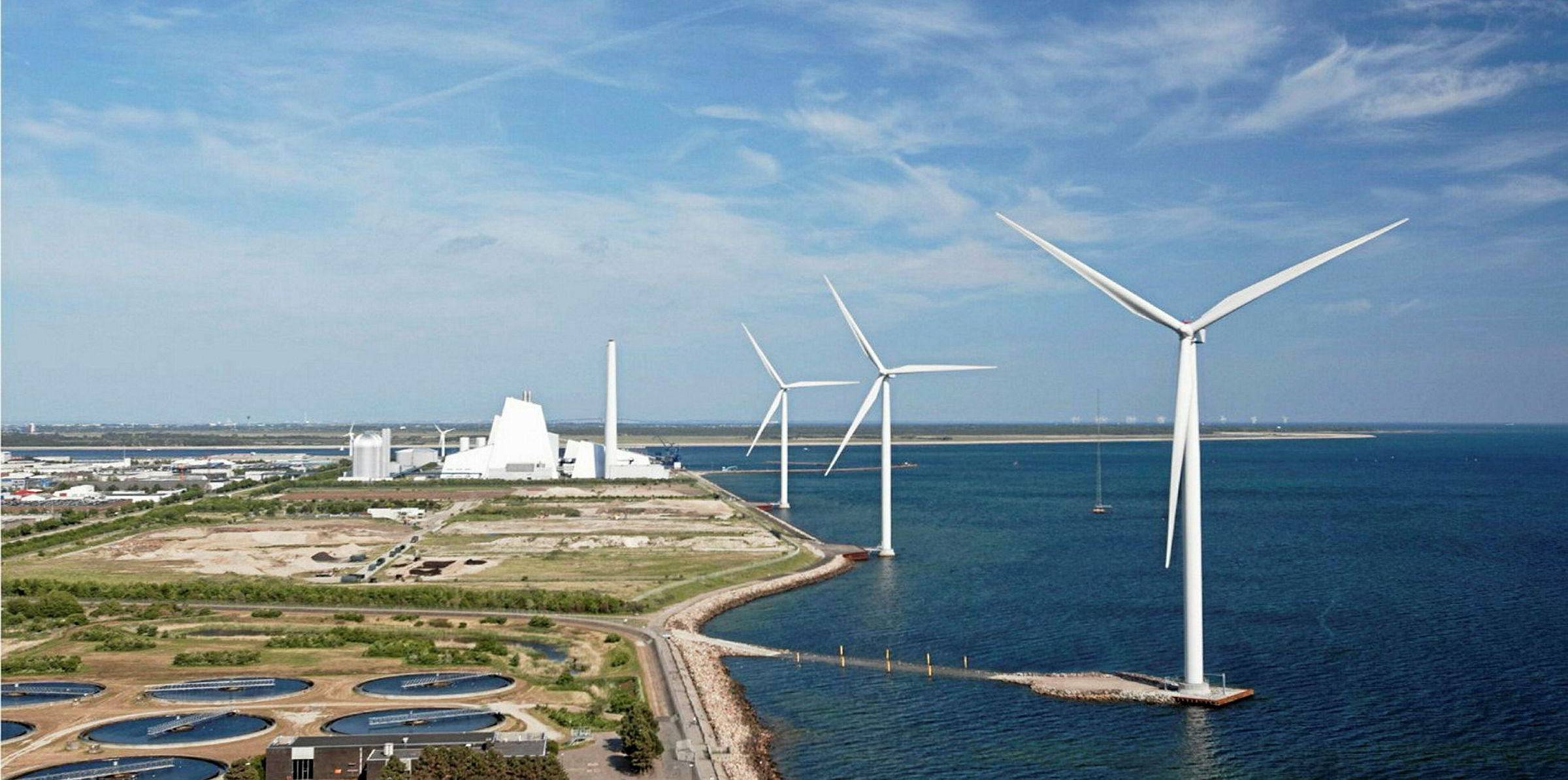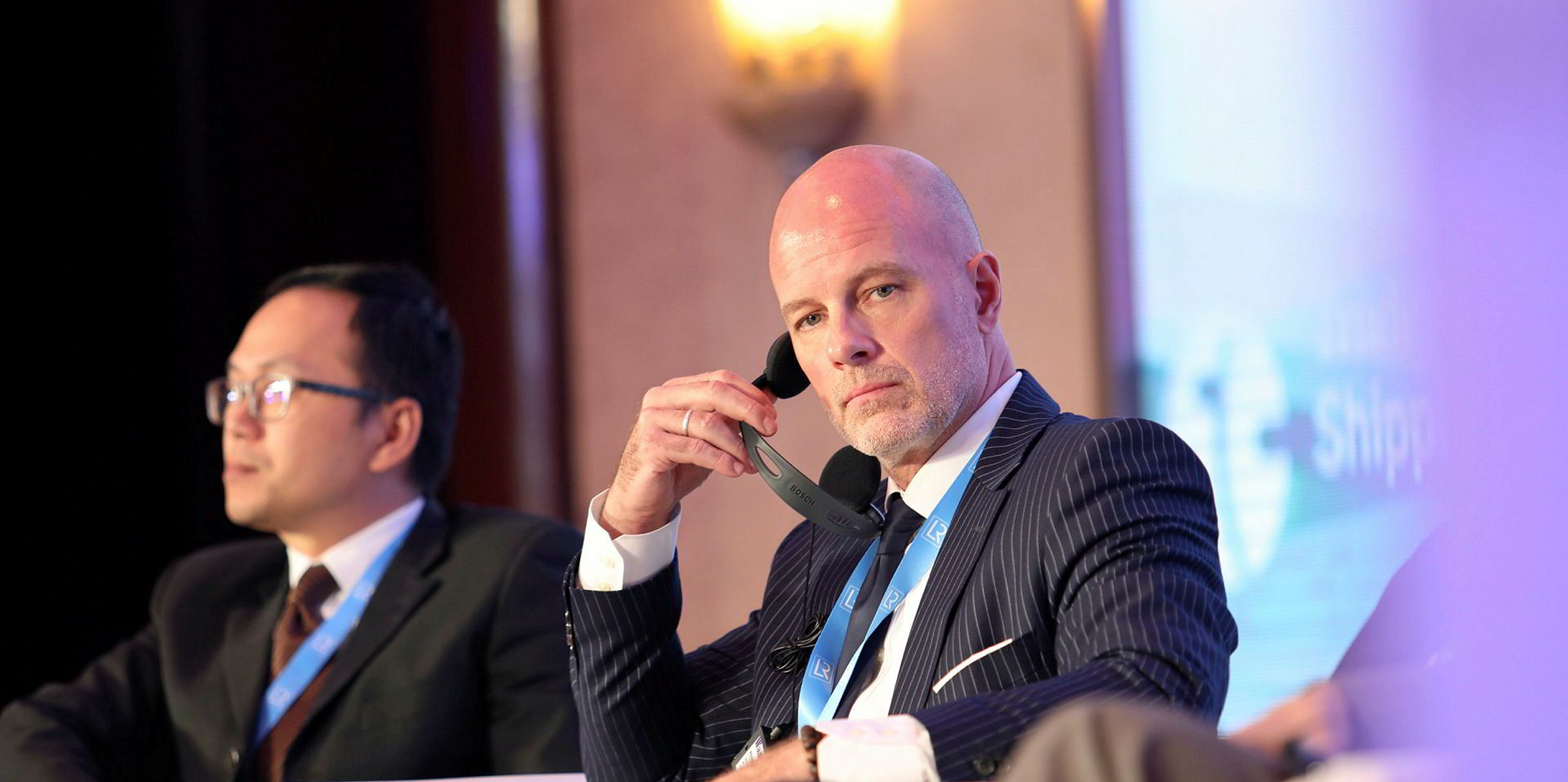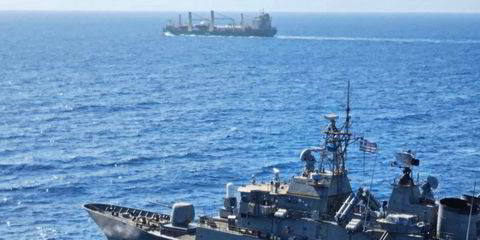Ship engine technology to burn methanol as a marine fuel is available – and industry experts believe the ability to create its bunkering infrastructure in a greener way can evolve over this decade.
Liquid gas injection engines, which have been around since the 1980s, allow vessels to run on different fuels with the same performance, efficiency and power as heavy fuel oil, said MAN Energy Solutions' director new technologies Kjeld Aabo.
Speaking in a webinar hosted by the UK Chamber of Shipping, Aabo added: “You use the same technology but add an extra injection system on the top of each cylinder.
“We have now more than 70,000 operation hours on methanol,” he said, adding that what is needed now “is to promote the methanol engine for [more] types of application like bulkers, container vessels and so on.”
The 51,837-gt ferry Stena Germanica (built 2000) was the first major vessel to be retroffited to run on recycled methanol in a 2015 conversion.
Bunkering and handling of methanol does not require major changes from heavy fuel oil, participants in the webinar said.
But scaled up production is needed. There is capacity to produce 100m tonnes of methanol a year today, but it will only reduce carbon emissions by about 25% if produced from natural gas.
To make zero-emission green methanol requires creating the fuel with renewable energies and carbon capture. The CO2 can be electro-synthesised with hydrogen to create methanol.
“The key aspect for methanol at scale is we need CO2,” said Damien Speight, head of technology innovation at Danish wind energy group Orsted. Major industrial clusters can capture carbon close to ports while windfarms providing the electricity are also close to shore.
Retrofitting for methanol is less of a problem than for LNG, said Aabo. Although methanol is half as energy dense as heavy fuel oil, meaning bunkering will need to be done twice as often, Speight said it is the most flexible of electro-fuels as it can work with traditional combustion.
“The shipping industry can provide a very large sink for the utilisation of volumes and volumes of CO2,” said Speight, suggesting that governments could see this as a tangible reason to back regulation to promote its use.
Members of the International Maritime Organization are set to discuss methanol regulations at the virtual meetings of the Maritime Safety Committee and Marine Environment Protection Committee in November.






